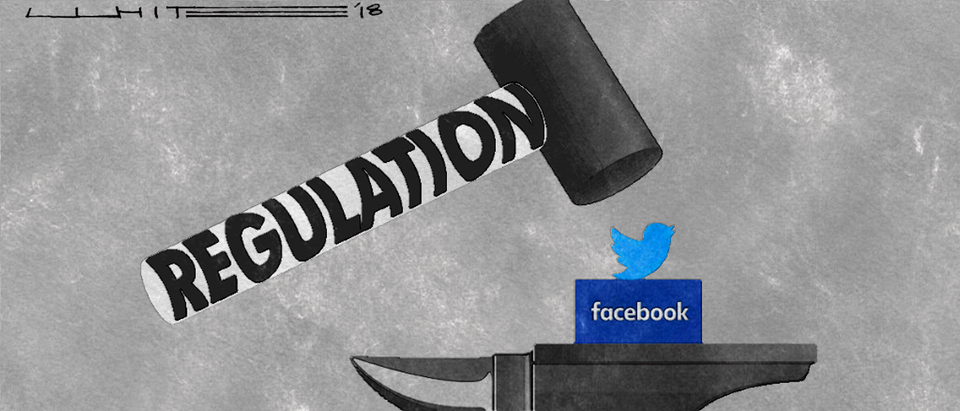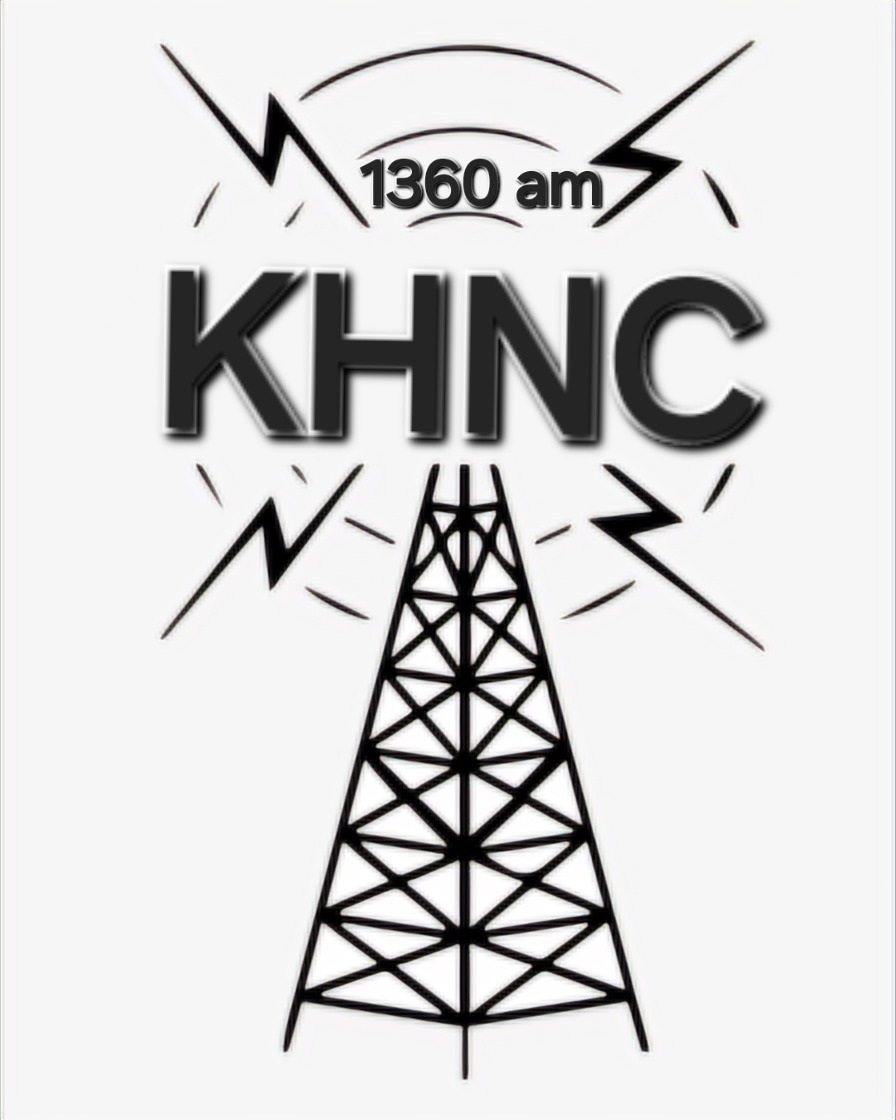
The United Nations Secretary-General called January 28 for global rules to regulate social media companies like Twitter and Facebook. Secretary-General Antonio Guterres said that he believes it should not be a company that has the power to decide whether then-president Donald Trump’s Twitter account should be closed. Guterres stated, “I do not think that we can live in a world where too much power is given to a reduced number of companies.” He also said that he was “particularly worried” about the power of social media companies. Instead, he believes that a “mechanism” should be created “in which there is a regulatory framework with rules that allow [closures] to be done in line with law.”
Impact of Regulated Social Media
Earlier in January, Twitter ended Trump’s nearly twelve-year run and shuttered his account, severing an instant line of communication to his 89 million followers. His Twitter account was regarded by some as the hallmark of his presidency. Facebook and Instagram also suspended Trump. Twitter cited the January 6 insurrection of the US Capitol by his supporters to claim that his tweets could incite violence. People accused the companies of censorship and violating the First Amendment right to free speech. Numerous other people have been censored and removed from such platforms.
Guterres says, “Digital technology is shaping history, but there is also this sense that it is running away with us. Where will it take us? Will our dignity and rights be enhanced or diminished?… We have a collective responsibility to give direction to these technologies so that we maximize benefits and curtail unintended consequences or misuse.”
More people than ever before are on social media and get their information from online sources. False data and selective censorship present a very real threat to society and democracy as a whole. COVID-19 has also presented a unique circumstance. Many people are working from home or using technology to keep in touch as they socially distance. This puts Internet rights at an all time high as far as importance.
Data Security and Political Control
Guterres pointed to “the volume of information being gathered about every one of us, the lack of control we have about… the data related to ourselves, the fact that data can be used not only for commercial purposes to sell to advertising companies… but also to change our behavior, and the risks of that to be used also from a political point of view for the control of citizens in countries.” Guterres said this “requires a serious discussion” and that is one of the objectives of his “Roadmap for Digital Cooperation” launched last June.
Roadmap for Digital Cooperation
The Roadmap’s aim is to promote a “safer, more equitable digital world.” It calls for action in eight areas including achieving universal connectivity by 2030; ensuring digital connection for all, including the most vulnerable; ensuring the protection of human rights on the internet; promoting trust and security in the digital environment; and building a more effective architecture for digital cooperation. The UN claims that “digital technology issues are often low on political agendas. Among the Roadmap’s provisions is a call for strengthening the Internet Governance Forum, which brings people from various groups in the public and private sectors together to discuss public policy issues related to the Internet, “in order to make it more responsive and relevant to current digital issues.”
The key parts of concern on media censorship are digital rights. Digital technologies provide new ways to exercise rights such as the freedom of speech, but rights are often violated online. The UN website states that “Data protection, digital ID, the use of surveillance technologies, online harassment and content governance are of particular concern.” The UN advocates for regulatory frameworks and legislation on the development and use of digital technologies. These regulatory frameworks and legislation should have human rights at their center.
One of these rights is of course the freedom of speech. The UN is against repression and censorship. Under the Universal Declaration of Human Rights, “Everyone has the right to freedom of opinion and expression; this right includes freedom to… impart information and ideas through any media and regardless of frontiers.”
There is also the concept of digital inclusion. The UN is working to lower the access gap to digital technology, so that people of all ages, political affiliations, and nationalities may use technology.
Overall, the UN aims to protect Internet rights and establish a legal framework so that tech companies, governments, and individuals cannot deny the rights of others.
Written by: Miranda Smith
